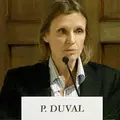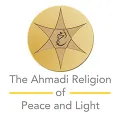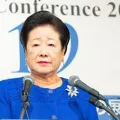The dissolution of the Unification Church in Japan. A report by our scientific advisor Patricia Duval
The Family Federation for World Peace and Unification, formerly known as the Church of Unification, was founded in Korea in 1954 by the religious leader Rev. Dr. Sun Myung Moon, but has experienced substantial growth, especially in 1958 after its founding in Japan. Although on November 27, 2020, the Hiroshima High Court convicted five people for kidnapping and imprisoning a married couple with the purpose of de-converting them so as to force them to leave the Unification Church, by implicitly recognizing their inalienable right to their religious faith ...

























